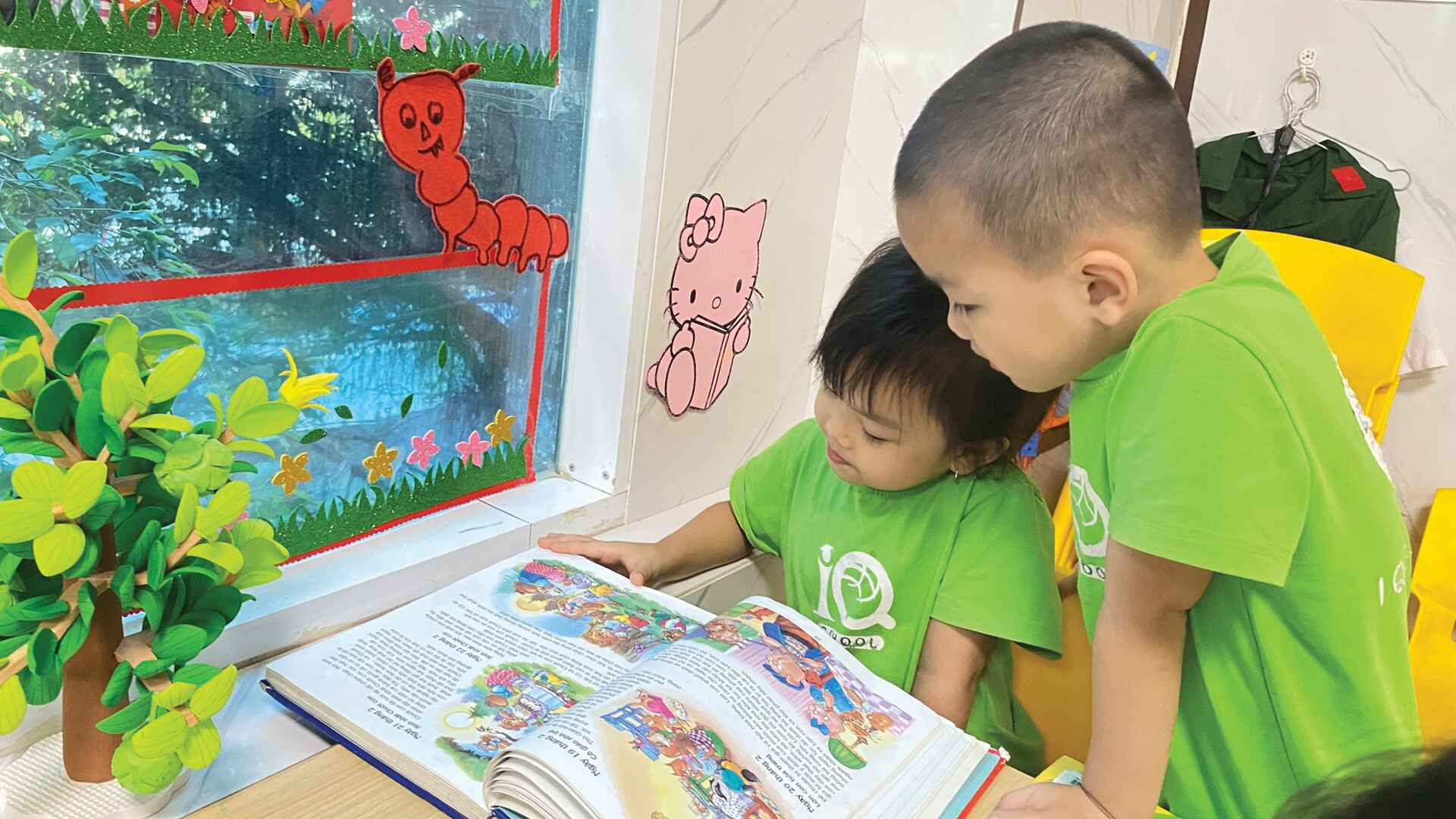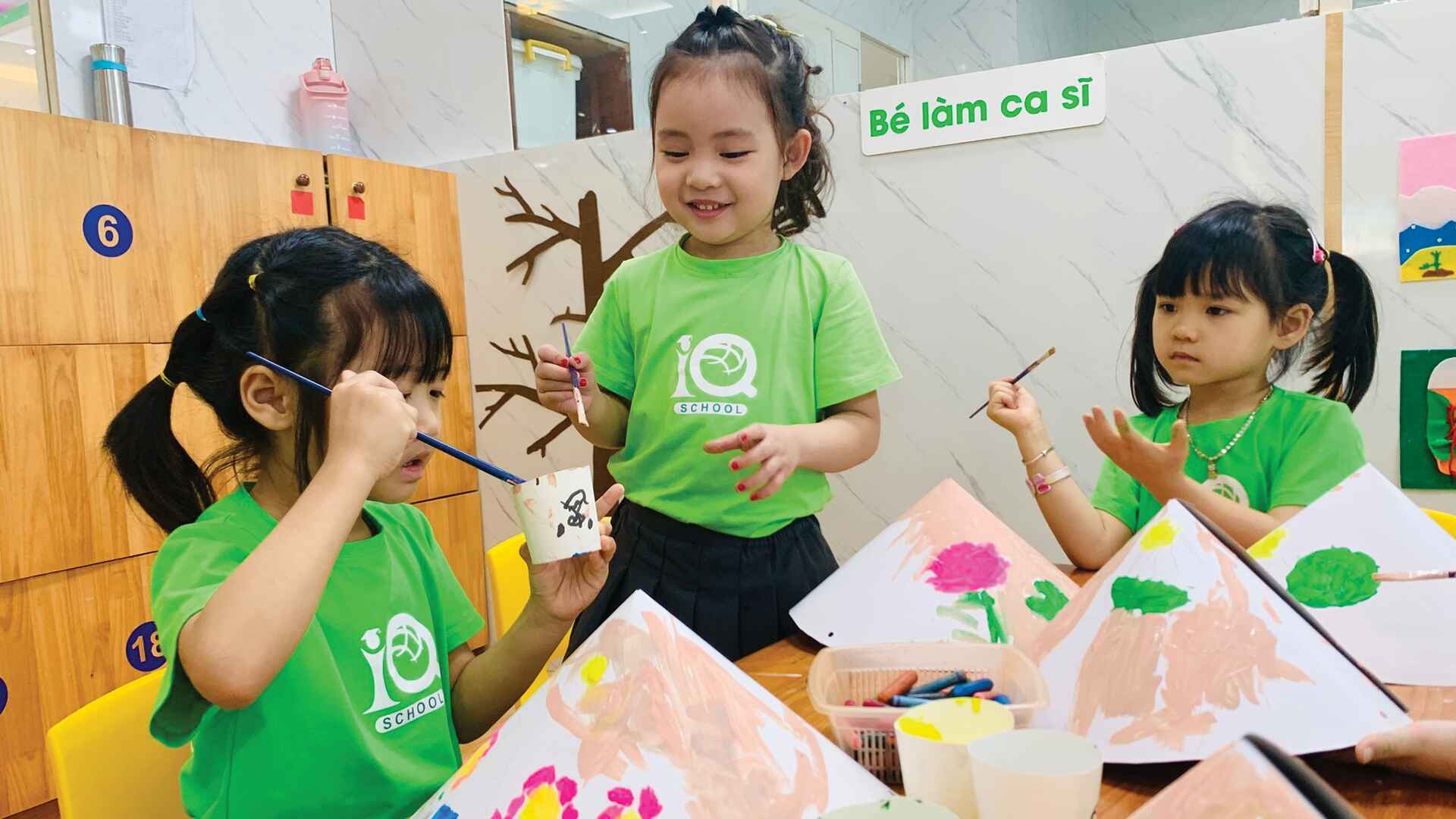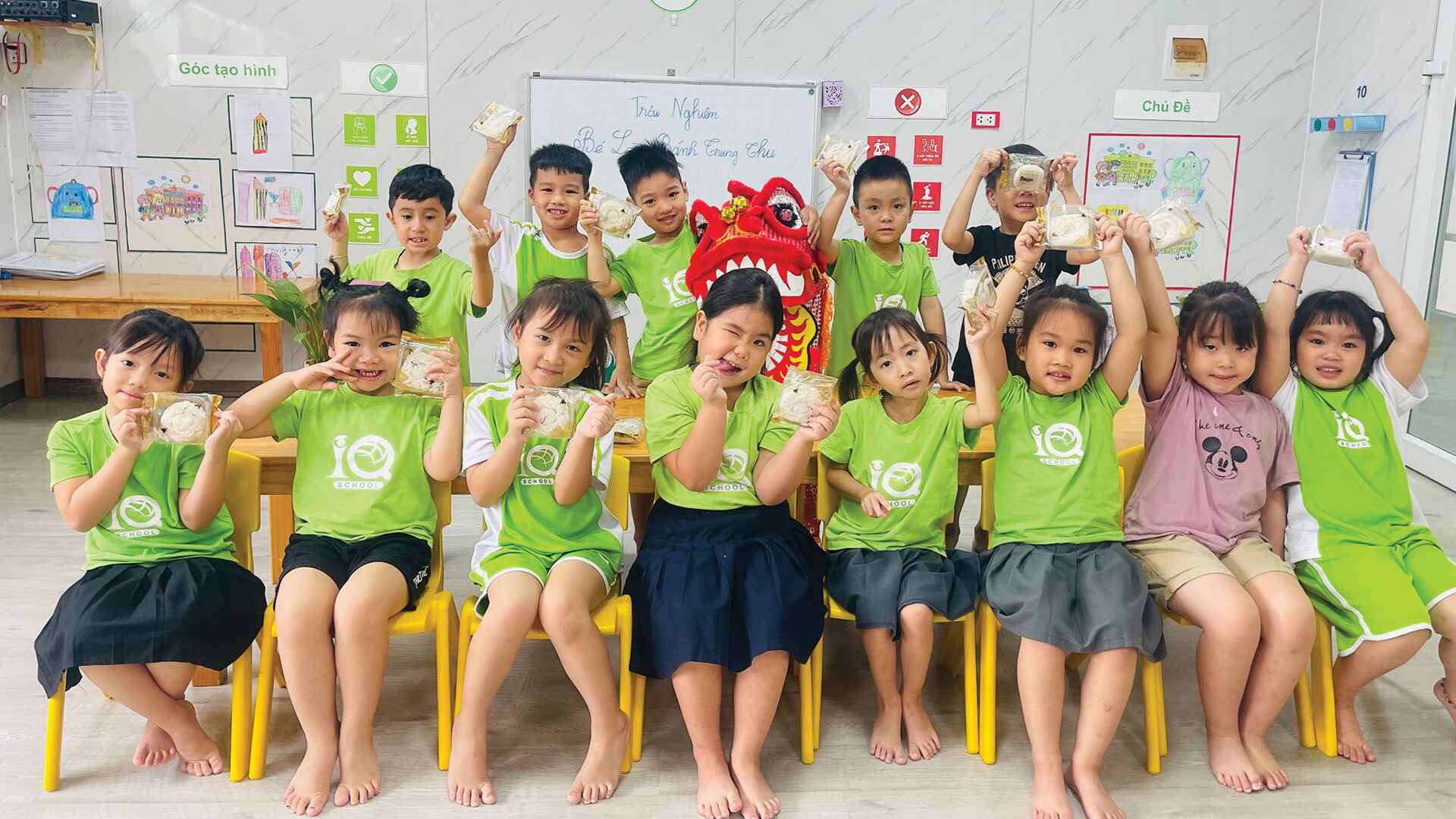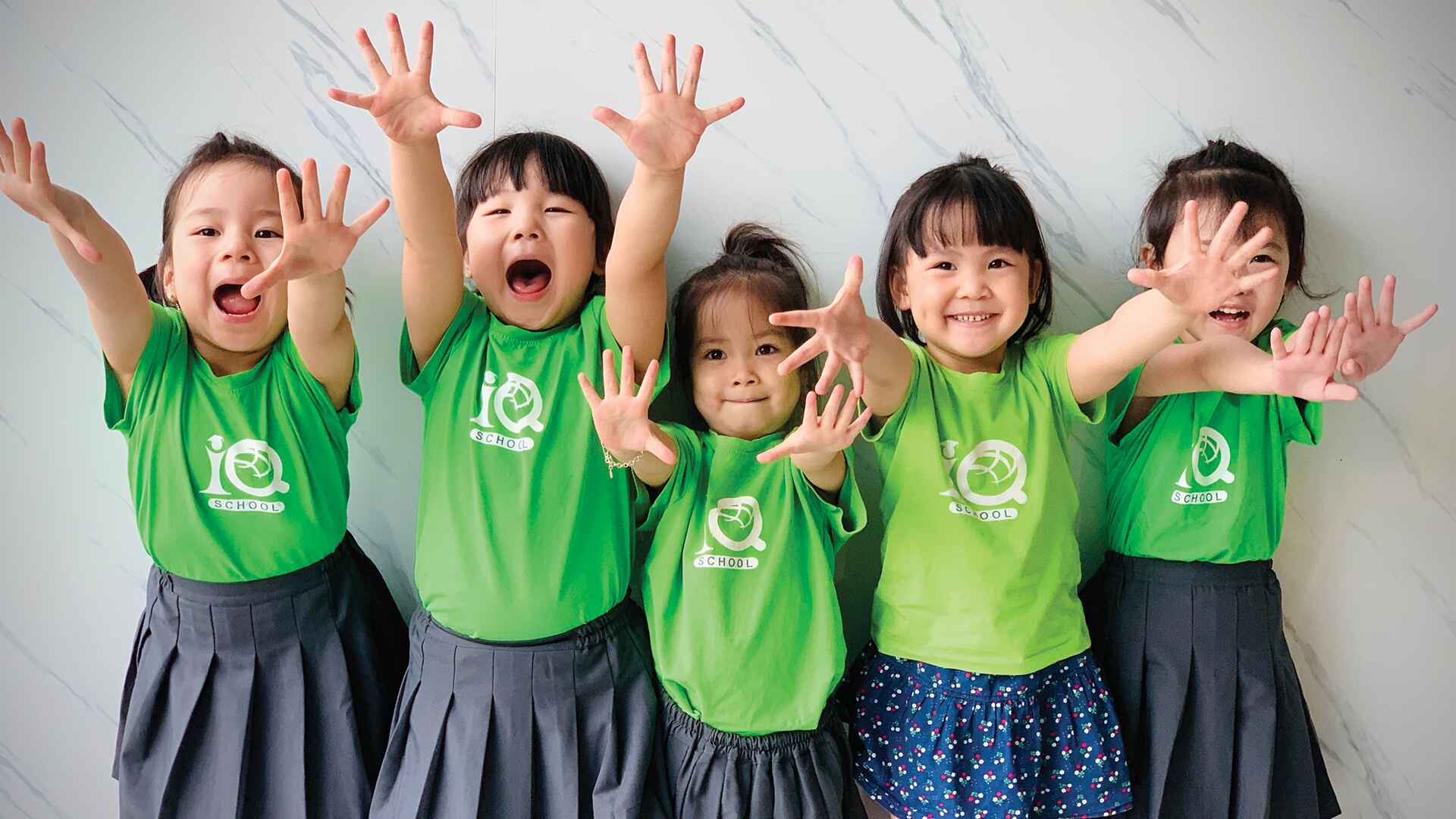Effective Learning Methods For 3-4 Year Old Children, A Solid Foundation For The Future
22 November, 2024The age of 3-4 is the golden time for children to acquire knowledge and develop important skills. Parents play a key role in creating a positive learning environment and inspiring a love of learning in children. Here are 4 effective methods to help children maximize their abilities, creating a solid foundation for the future:
- Building healthy living habits:
- Independence skills: Encourage children to perform personal activities such as changing clothes, eating, and personal hygiene.
- Setting up a schedule: Regulating scientific living hours, including bedtime, mealtime, and playtime.
- Communication and social interaction: Creating conditions for children to interact with peers and participate in group activities to develop communication skills.
- Controlling emotions: Teaching children how to recognize and express emotions in a healthy way, helping them reduce stress and become more confident.
- Stimulate curiosity and exploration:
- Encourage asking questions: Create a comfortable space for children to ask questions and express their curiosity about the world around them.
- Find answers with your children: Guide children to observe, think and find information from books, the internet or people around them.
- Practice and experience: Let children be exposed to real-life activities, sightseeing and exploration to consolidate knowledge.
- Respond positively: Always listen, respect and show interest in children’s questions, whether parents can answer immediately or not.
- Learning through activities:
- Size awareness: Use real objects for children to compare and distinguish sizes (big – small, long – short, tall – short…).
- Distinguish colors: Teach children to recognize colors through surrounding objects, games, pictures.
- Develop observation and memory skills: Encourage children to participate in simulation activities such as playing house, acting.
- Form a sense of time: Use words indicating time in daily communication, helping children understand the concept of time.
- Practice fine motor skills: Let children use scissors, glue, crayons to draw, cut and paste, develop dexterity and hand-eye coordination.
- Praise and motivate member:
- Encourage self-confidence: Praise children’s efforts and achievements, help them believe in themselves.
- Set rules and limits: Teach children about basic rules of conduct, but don’t be too strict or scold them.
- Create excitement for learning: Integrate learning into fun activities, helping children absorb knowledge naturally.
- Learn from reality: Take advantage of situations in daily life to teach children about letters, numbers, and simple concepts.
Combining these 4 methods will help 3-4 year old children develop comprehensively in terms of physical, cognitive, language, emotional, and social skills, thereby creating a solid foundation for their future education.




